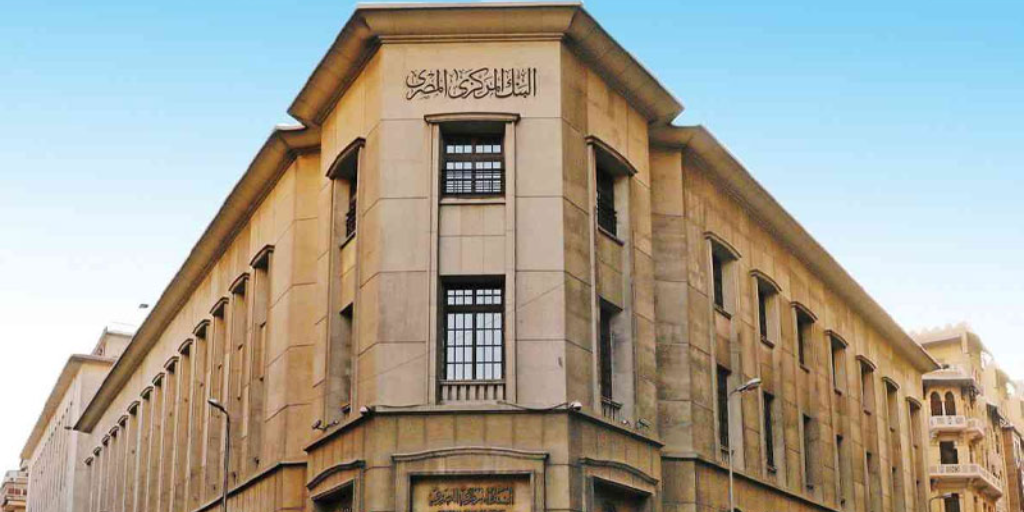This is the third article in the series ‘Egyconomy’ by Egyptian Streets, where Marina Makary explores current trends and debunks popular misconceptions surrounding the Egyptian economy. Only few people know that the Central Bank of Egypt (CBE) was not always the regulatory body responsible for the monetary and banking system as well as price stability in Egypt. Prior to the existence of the CBE, the National Bank of Egypt (NBE), the oldest Egyptian commercial bank, was responsible for the CBE’s duties. Established in 1898 with a capital of EGP 1 million, NBE’s role and duties repeatedly developed and changed, depending on different economic and political phases in Egypt. In the 1950s, the NBE took on the central bank’s duties. However, after its nationalization in the 1960s, the NBE became a commercial bank. After a law was issued and amended in 1960, the CBE was established in January 1961 to take over the right to issue Egyptian banknotes and change their designs, watermark, and colors, in addition to assuming central banking activities from the NBE. That being said, the CBE’s printing house is one of the oldest printing houses in the…



